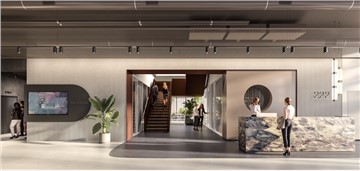This marked the fourth rate hike so far this year and also the 12th jump since the central bank started tightening the money policy from a record low of 0.1 percent in May last year.
After a meeting of the Bank Board held on Tuesday, RBA governor Philip Lowe said in a statement that inflation in Australia has passed its peak, but 7 percent is still too high and it will be some time before the Consumer Price Index return to its 2-3 percent target range.
"Recent data indicate that the upside risks to the inflation outlook have increased and the Board has responded to this," Lowe said.
"While goods price inflation is slowing, services price inflation is still very high and is proving to be very persistent overseas. Unit labour costs are also rising briskly, with productivity growth remaining subdued," he added.
Lowe pointed out that the path to achieving a soft landing still remains a narrow one, as a significant source of uncertainty continues to be the outlook for household consumption.
"The combination of higher interest rates and cost-of-living pressures is leading to a substantial slowing in household spending. Housing prices are rising again and some households have substantial savings buffers, although others are experiencing a painful squeeze on their finances," he said.
Ahead of RBA's monetary policy meeting, the Australian Bureau of Statistics (ABS) revealed on Tuesday morning that household spending rose 6.0 percent in April compared to the same time last year.
According to Kate Lamb, ABS head of business indicators, growth in household spending has slowed from high levels seen in the second half of 2022.
"From a peak of 29.1 percent in August 2022, this month's 6.0 percent growth has followed a downward pattern from an 11.9 percent rise in February and an 8.4 percent rise in March," Lamb said.




















Latest comments